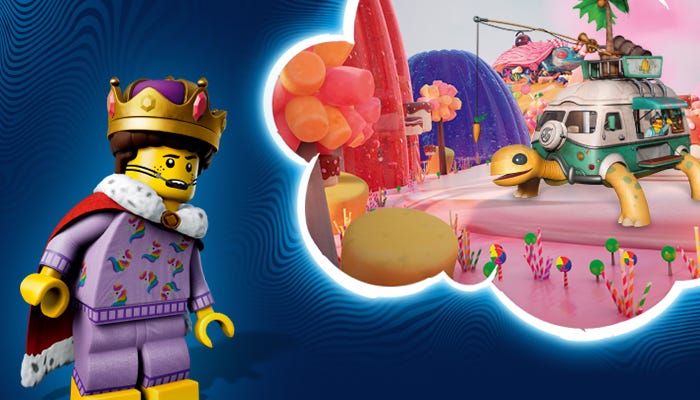What is good sleep for children?
How much sleep children need changes with their age.
These are the guidelines regarding sleep for children, as set forth by the American Academy of Sleep Medicine:
- Babies (4-12 months) – 12-16 hours, including naps (how lucky...)
- Toddlers (1-2 years) – 11am-2pm, including naps
- Preschoolers (3-5 years) – 10am-1pm, including naps
- 6-12 years – 9-12 hours
- Teenagers (13-18 years) – 8-10 hours
Falling asleep
A noticeable shift as children get older is that they take fewer naps. By the time they are 5 years old, they usually no longer have them. (Often this comes back when they are teenagers, but for different reasons...)
Fewer naps give us as caregivers the opportunity to use more routines when it comes to sleep and children.
“Our brains like patterns and routines,” says Dr. Shelby Harris. “The times we sleep and wake up are an important routine to establish and maintain.”
Keeping the same schedule works almost like an exercise program for children. If you're struggling to get your kids to bed quickly, one of the most common causes is a lack of routine.
Stay sleeping
Sleep disorders in children can often be attributed to nightmares, which affect about a third of all children. But why do children have nightmares?
“What we often see is that the stressful or complicated things that happen in our children's lives can affect their sleep and their dreams,” explains Dr. Harris out. “This then influences their imagination and their ability to unleash their creative potential.”
As we'll discuss in our sleep and kids tips, having enough time to wind down before bed helps prevent children from processing difficult or complex emotions as they fall asleep (or "enter the dream world") as it is called in LEGO DREAMZzz).
And while children's nightmares are a common sleep disruptor, the solution to better sleep isn't avoiding dreams. On the contrary...
Positive dreams
“Dreams are a great way for our brains to process emotions, be creative and even come up with solutions to things we've thought about during the day,” said Dr. Harris. “Dreams inspire children to see different possibilities in the world and to believe in their own creative abilities.”
Two-thirds of the 23,000 children we recently interviewed said that dreaming is an important way for them to be creative.
In the same global research project commissioned by the LEGO Group, two-thirds of all children said that dreams were also an important way to help process and deal with negative emotions in their daily lives, caused by stress at home, school, social media and more.
This is exactly why we chose to celebrate the power of dreams with our newest franchise. They are certainly not something to avoid.
And as you'll see, they can play a pretty big role in your child getting a good night's sleep...


























































































